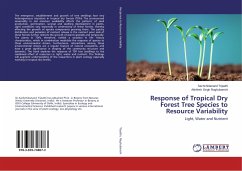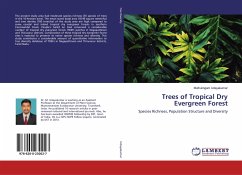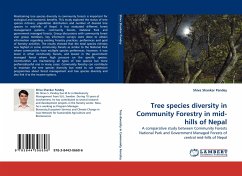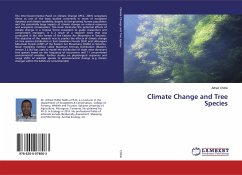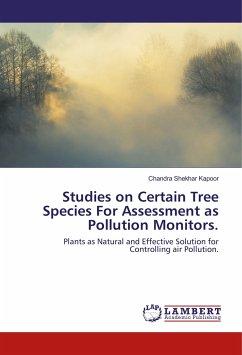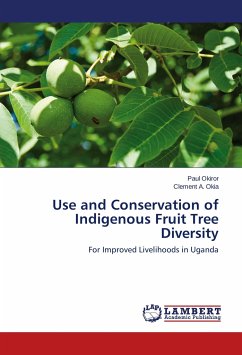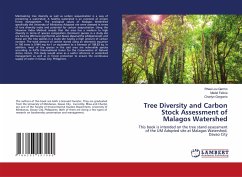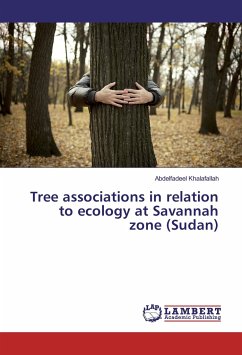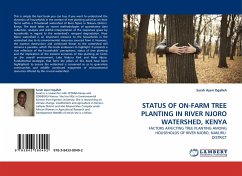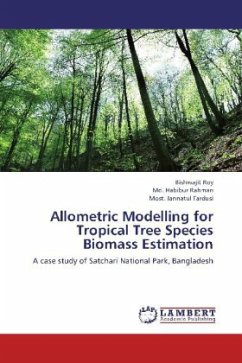
Allometric Modelling for Tropical Tree Species Biomass Estimation
A case study of Satchari National Park, Bangladesh
Versandkostenfrei!
Versandfertig in 6-10 Tagen
32,99 €
inkl. MwSt.

PAYBACK Punkte
16 °P sammeln!
In 1997 Kyoto Protocol was signed by the nations of developed countries to reduce the emission of green house gases (GHG) to combat the effects of climate change. GHGs emission to atmosphere can be reduced by sustainable forest management practices since forest ecosystems sequestrate CO2 from atmosphere and stored as plant biomass. Biomass of the trees can be estimated by direct measurement of felling trees then weighting plant parts or by applying several methods based on allometric relationships of biomass and plant measurements. However, direct measurement is not permissible in all developi...
In 1997 Kyoto Protocol was signed by the nations of developed countries to reduce the emission of green house gases (GHG) to combat the effects of climate change. GHGs emission to atmosphere can be reduced by sustainable forest management practices since forest ecosystems sequestrate CO2 from atmosphere and stored as plant biomass. Biomass of the trees can be estimated by direct measurement of felling trees then weighting plant parts or by applying several methods based on allometric relationships of biomass and plant measurements. However, direct measurement is not permissible in all developing countries like Bangladesh because of logging ban. This book therefore helps us to accurately estimate aboveground stem biomass of three species in Bangladesh by developing species specific allometric models. Among the Eighteen allometric models two best fitted model were identified to accurately predict biomass of the selected species. This book would be helpful for future estimation of above ground stem biomass of selected species in the forest of Bangladesh and across the tropical forest after model evaluation.



